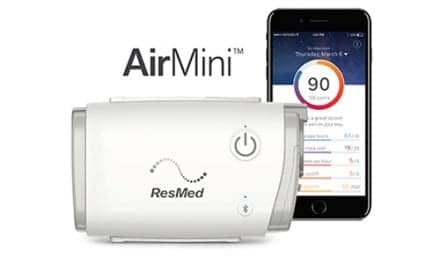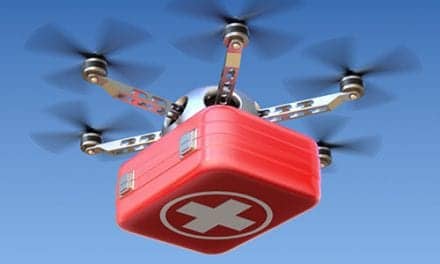Covidien will support a two-year campaign by the Association for the Advancement of Medical Instrumentation (AAMI) Foundation’s National Coalition for Alarm Management Safety to improve alarm management in healthcare, the company announced.
Covidien is one of only four platinum-level industry sponsors of the coalition, which works to improve alarm management by generating awareness and driving discussion about its members’ clinical experiences and clinical-trial data.
As part of its safety initiative, the coalition plans to publish a series of recommendations based on alarm webinars and white papers from the Healthcare Technology Safety Institute (HTSI), which operates under the AAMI Foundation.
The coalition will issue a list of recommended enhancements for the medical device industry to build into future software and product versions, a compilation of aggregated parameter data supplied by the member hospitals, and educational tools to teach clinicians about alarm settings and how to customize these settings for each patient.
“Alarm management is a high priority for Covidien and we have already made great strides in smart alarm management technology,” said Matthew Anderson, vice president and general manager, Patient Monitoring, Respiratory & Monitoring Solutions, Covidien. “We believe that our sponsorship and participation are helping drive real action around this critical issue.”
Covidien’s sponsorship of this coalition is part of its ongoing commitment to improving patient safety and clinical excellence through patient monitoring technologies. Covidien offers patient monitoring solutions that feature smart alarm management systems that can reduce clinically insignificant alarms:
- Nellcor SatSeconds Alarm Management enables clinicians to customize alarm settings on their SpO2 platform to suit the condition of individual patients and minimize clinically insignificant desaturation alarms by 40 percent without affecting patient safety.
- Smart Alarm for Respiratory Analysis (SARA) improves patient safety by providing a more accurate indication of patient ventilatory status changes on their Microstream capnography platform allowing clinicians to accurately respond to clinically significant events. With SARA technology, respiratory rate (RR) alarms were reduced by 53% overall, and short duration alarms, lasing less than 10 seconds were reduced by an additional 19%. No significant RR alarms were missed with SARA technology.
- Additionally, the Vital Sync Virtual Patient Monitoring Platform 2.4 offers continuous remote access to critical patient information so clinicians can detect clinical distress and respond faster to the evolving needs of patients.
“Clinical teams need access to alarm reports to review and analyze the settings that cause the highest number of alarms,” said Scott Kelley, MD, chief medical officer, Respiratory & Monitoring Solutions, Covidien. “In the future, the Vital Sync Virtual Patient Monitoring Platform can serve as a quality improvement tool, becoming the basis to determine if interventions and strategies were successful. As a result, ‘non-actionable’ alarms could be greatly reduced.”










